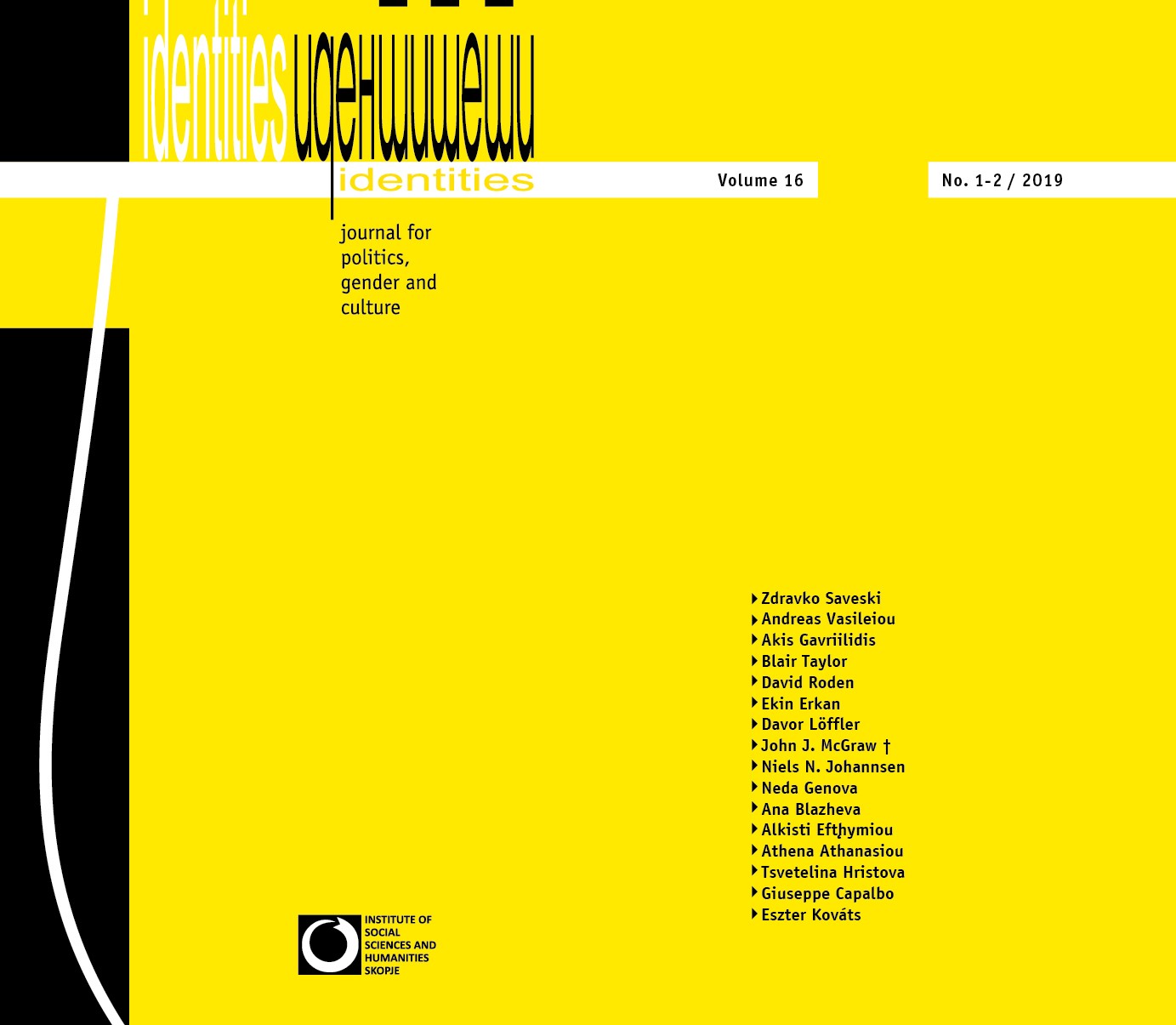Material-semiotic Transformations of the Berlin Wall in Post-Communist Bulgaria
Material-semiotic Transformations of the Berlin Wall in Post-Communist Bulgaria
Author(s): Neda GenovaSubject(s): Structuralism and Post-Structuralism, Politics and society, Culture and social structure , Social Theory, Rural and urban sociology, Environmental interactions, Politics and Identity
Published by: Институтот за општествени и хуманистички науки – Скопје
Keywords: Berlin Wall; Bulgaria; post-communism; recording surface; protest; transition; post-1989
Summary/Abstract: In this article I examine the repeated material-semiotic mobilization of the trope of the Berlin Wall in post-communist Bulgaria. I show that despite the official dismantlement of the Wall commenced some thirty years ago, the structure’s afterlife continues to exert a unique influence on Bulgaria’s public life today. I explore the function of the Wall as a narrative and political device in moments when the relation to public space is negotiated or when notions of “past” and “present” are short-circuited. By taking up the notion of a “recording surface,” developed by Gilles Deleuze and Félix Guattari in Anti-Oedipus, I show how Bulgarian post-communism can be understood as the terrain of a continuous production of consensus. I argue that after 1989 the Berlin Wall has adopted a governing and consensus-building function that contributes to the “smoothening” of political and social differences on the recording surface of Bulgarian post-communism. Yet, what makes the examination of the fictitious successors of the original Berlin Wall an interesting terrain for examination is that their operation is predicated upon a material heterogeneity and dynamism. In the article, I explore the way this trope has been mobilized in four different cases from Bulgaria’s most recent history and demonstrate in what sense its “reactivation” can be seen as contributing to the stabilization of the recording surface of Bulgarian post-communism.
Journal: Identities: Journal for Politics, Gender and Culture
- Issue Year: 16/2019
- Issue No: 1-2
- Page Range: 78-90
- Page Count: 13
- Language: English

